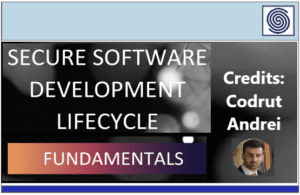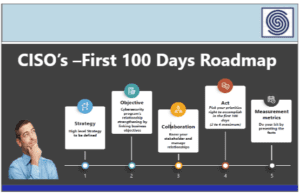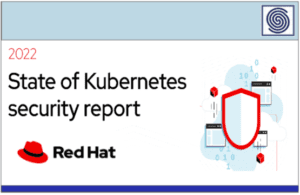The vulnerabilities are not dependent on one another. Exploitation of one of the vulnerabilities is not required to exploit another vulnerability. In addition, a software release that is affected by one of the vulnerabilities may not be affected by the other vulnerabilities.
Details about the vulnerabilities are as follows:
CVE-2024-20525 and CVE-2024-20530: Cisco ISE Reflected Cross-Site Scripting Vulnerabilities
Two vulnerabilities in the web-based management interface of Cisco ISE could allow an unauthenticated, remote attacker to conduct an XSS attack against a user of the interface.
These vulnerabilities exist because the web-based management interface does not properly validate user-supplied input. An attacker could exploit these vulnerabilities by persuading a user of the interface to click a crafted link. A successful exploit could allow the attacker to execute arbitrary script code in the context of the affected interface or access sensitive, browser-based information.
Cisco has released software updates that address these vulnerabilities. There are no workarounds that address these vulnerabilities.
Bug ID(s): CSCwk47423, CSCwk47454
CVE ID: CVE-2024-20525, CVE-2024-20530
Security Impact Rating (SIR): Medium
CVSS Base Score: 6.1
CVSS Vector: CVSS:3.1/AV:N/AC:L/PR:N/UI:R/S:C/C:L/I:L/A:N
CVE-2024-20527, CVE-2024-20529, and CVE-2024-20532: Cisco ISE Arbitrary File Read and Delete Vulnerabilities
Three vulnerabilities in the API of Cisco ISE could allow an authenticated, remote attacker to read and delete arbitrary files on an affected device. To exploit these vulnerabilities, the attacker would need valid Super Admin credentials.
These vulnerabilities are due to insufficient validation of user-supplied parameters in API requests. An attacker could exploit these vulnerabilities by sending a crafted API request to an affected device. A successful exploit could allow the attacker to read or delete arbitrary files on the underlying operating system.
Cisco has released software updates that address these vulnerabilities. There are no workarounds that address these vulnerabilities.
Bug ID(s): CSCwk47489, CSCwk47445, CSCwk47475
CVE ID: CVE-2024-20527, CVE-2024-20529, CVE-2024-20532
Security Impact Rating (SIR): Medium
CVSS Base Score: 5.5
CVSS Vector: CVSS:3.1/AV:N/AC:L/PR:H/UI:N/S:U/C:H/I:L/A:N
CVE-2024-20531: Cisco ISE XML External Entity Injection Vulnerability
A vulnerability in the API of Cisco ISE could allow an authenticated, remote attacker to read arbitrary files on the underlying operating system of an affected device and conduct a server-side request forgery (SSRF) attack through an affected device. To exploit this vulnerability, the attacker would need valid Super Admin credentials.
This vulnerability is due to improper handling of XML External Entity (XXE) entries when parsing XML input. An attacker could exploit this vulnerability by sending a crafted API request to an affected device. A successful exploit could allow the attacker to read arbitrary files on the underlying operating system or conduct an SSRF attack through the affected device.
Cisco has released software updates that address this vulnerability. There are no workarounds that address this vulnerability.
Bug ID(s): CSCwk47465
CVE ID: CVE-2024-20531
Security Impact Rating (SIR): Medium
CVSS Base Score: 5.5
CVSS Vector: CVSS:3.1/AV:N/AC:L/PR:H/UI:N/S:C/C:L/I:L/A:N
CVE-2024-20528: Cisco ISE Path Traversal Vulnerability
A vulnerability in the API of Cisco ISE could allow an authenticated, remote attacker to upload files to arbitrary locations on the underlying operating system of an affected device. To exploit this vulnerability, an attacker would need valid Super Admin credentials.
This vulnerability is due to insufficient validation of user-supplied parameters in API requests. An attacker could exploit this vulnerability by sending a crafted API request to an affected device. A successful exploit could allow the attacker to upload custom files to arbitrary locations on the underlying operating system, execute arbitrary code, and elevate privileges to root.
Cisco has released software updates that address this vulnerability. There are no workarounds that address this vulnerability.
Bug ID(s): CSCwk47451
CVE ID: CVE-2024-20528
Security Impact Rating (SIR): Medium
CVSS Base Score: 3.8
CVSS Vector: CVSS:3.1/AV:N/AC:L/PR:H/UI:N/S:U/C:L/I:L/A:N




















































